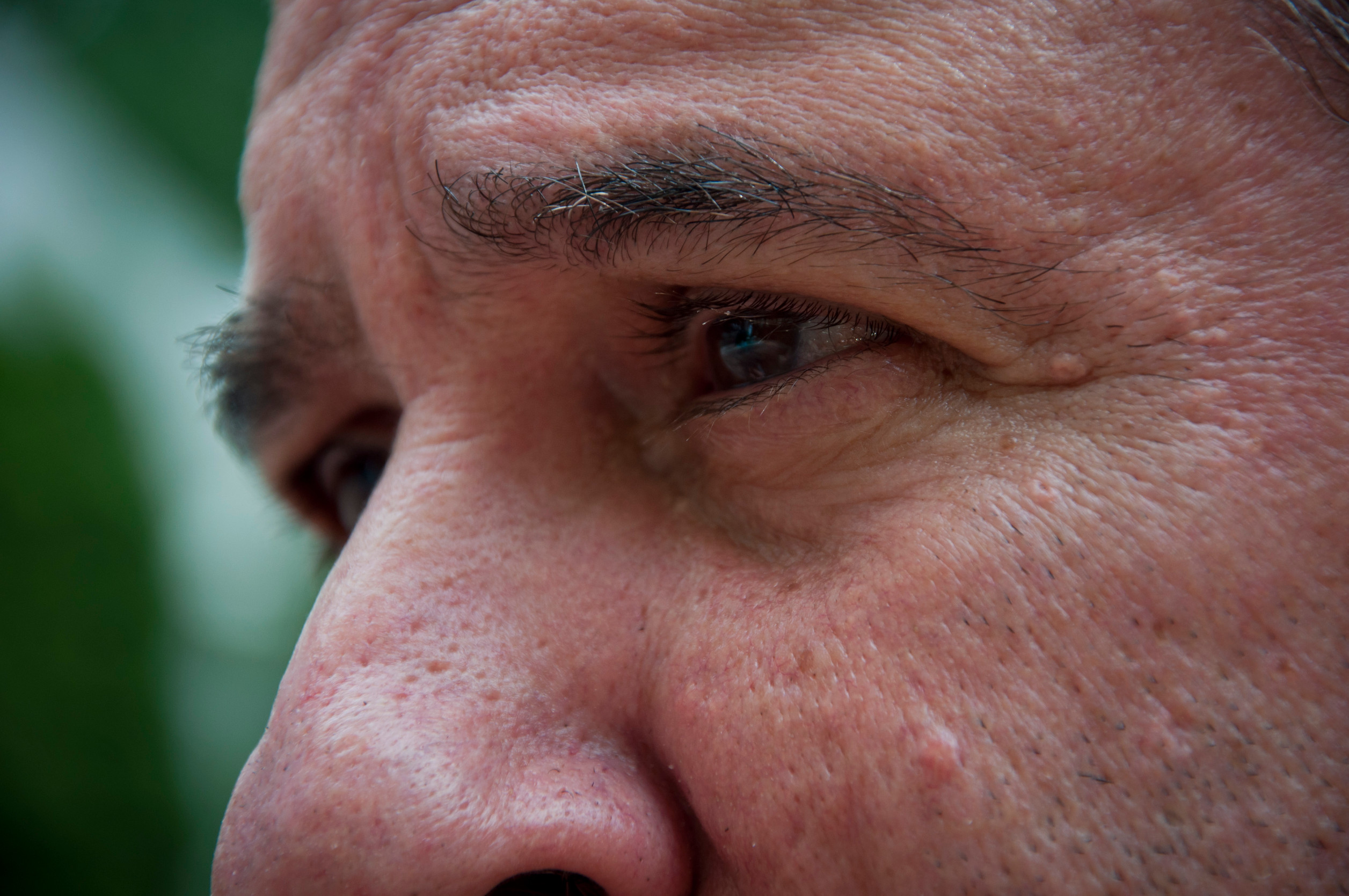Hospitals in developing countries can be terribly understaffed, with nurses taking care of 20 or 30 critically ill babies at the same time. That’s why two Columbia University graduates have developed the Neopenda hat, a little cap that tracks the vital signs of the baby wearing it. Inside the cap is a flat plastic badge that tracks the baby’s heart and respiratory rate, blood oxygen saturation, and temperature. The data captured by the cap is then sent to a tablet that nurses can use to keep an eye on up to 15 babies at a time. The device has tested successfully at a hospital in Uganda and with enough funding, it could help overcome understaffing and save lives.

This vital signs cap will keep an extra eye on infants in understaffed hospitals
More of Today's Solutions
Scientists build first fully human bone marrow model to revolutionize blood d...
BY THE OPTIMIST DAILY EDITORIAL TEAM In a transformative leap for regenerative medicine, scientists have developed the first entirely human-engineered bone marrow system. This ...
Read More7 cold and flu season mistakes doctors want you to quit making
BY THE OPTIMIST DAILY EDITORIAL TEAM You’ve heard the warnings: cold and flu season is no joke. But despite our best intentions (and fully ...
Read MoreThree ways we can repurpose closed department stores
40 percent of US department stores have closed their doors in the past five years, but the question remains: what do we do with ...
Read MoreHubble takes beautiful image of galaxies “dancing”
The Hubble Space Telescope ventured into space over three decades ago in 1990, and has observed around 50,000 celestial bodies to date. During this ...
Read More









